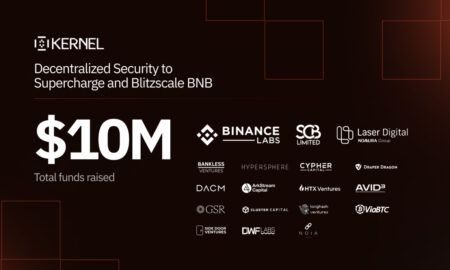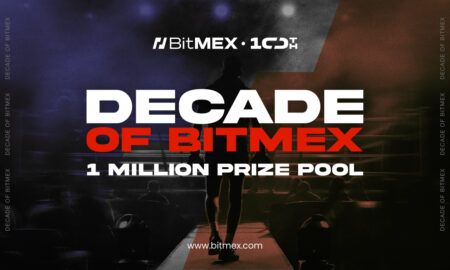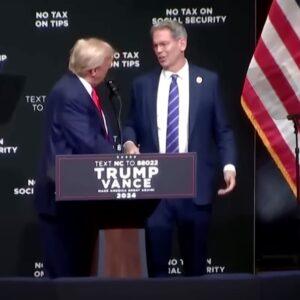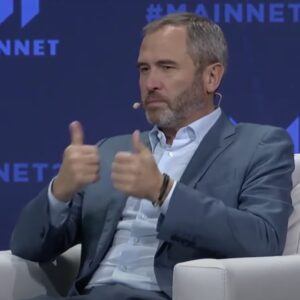The upcoming “Dencun” hard fork marks a major milestone for Ethereum. Scheduled for 13 March 2024, this upgrade targets improvements across the entire network for better scalability, security, and overall user experience.
A crucial aspect of Dencun is “proto-danksharding” (EIP-4844). This protocol change allows the network to handle more transactions at once by creating new structures called “blobs” that run alongside the regular blockchain. This should ultimately lead to lower fees, especially for Layer 2 solutions that rely on Ethereum for security.
The Dencun upgrade doesn’t just focus on scaling. Several additional proposals (EIPs) will optimize gas efficiency (reducing transaction costs), boost security, improve storage space usage, and enhance how the Ethereum network interacts with other blockchains.
On February 29, Christine Kim, VP of Research at Galaxy Digital, published her writeup of Ethereum All Core Developers Execution Call #182 (which was held on February 28) as a blog post.
Kim notes that these bi-weekly meetings are essential for Ethereum developers to discuss changes to the execution layer (EL) of Ethereum. The most recent meeting, chaired by Ethereum Foundation (EF) researcher Danny Ryan, addressed the forthcoming Dencun upgrade and the evaluation of several Ethereum Improvement Proposals (EIPs) for the Pectra upgrade, as Kim reports.
Kim highlights that among the topics discussed, the Dencun upgrade took center stage. According to her account, EF Developer Operations (DevOps) engineer Barnabas Busa shared crucial updates on the final testing phases of the Dencun upgrade, officially scheduled for activation on Ethereum’s mainnet on 13 March 2024.
Through her reporting, Kim conveys that the upgrade has undergone rigorous testing on a mainnet shadow fork, including various “spam tests” to ensure network resilience, with nodes showing remarkable stability and maintaining nearly 100% participation rates despite significant resource strain.
Furthermore, Kim sheds light on the planned deprecation of the Goerli test network by 17 April 2024, urging users to transition their operations to other Ethereum testnets. She relays Busa’s observations that some large validator node operators on Goerli have already begun to retire their machines, leading to temporary network finality delays. However, the network has since recovered, albeit with a participation rate that has dropped to approximately 70%.
A notable discussion point during the ACDE Call #182, as detailed by Kim, was the debate over candidate EIPs for the upcoming Pectra upgrade, particularly those related to account abstraction (AA). Kim explains that AA aims to enhance the programmability of externally owned accounts (EOAs), contrasting with accounts controlled by smart contract code. The discussion around these proposed code changes was marked by controversy, underscoring their potential impact on the operability and accessibility of EOAs.
At the time of writing, Ethereum is trading at around $3,507, up 2.38% in the past 24-hour period.

Featured Image via Pixabay








